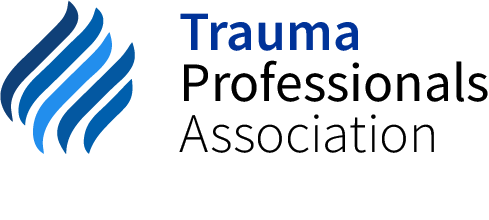In this enlightening discussion, Dr. Bessel van der Kolk, a leading expert in trauma and healing, shares his groundbreaking insights on the profound effects of trauma on both the mind and body. His extensive research and clinical experience have reshaped our understanding of trauma, emphasizing the importance of body-based therapies in the healing process.
Key Takeaways
- Trauma is deeply embedded in the body, not just the mind.
- Body-focused therapies like yoga and mindfulness are essential for healing.
- Community support plays a crucial role in trauma recovery.
- Understanding the neurological impact of trauma can inform treatment strategies.
- Innovative therapies like EMDR offer new hope for trauma survivors.
The Mind-Body Connection
Dr. van der Kolk emphasizes that trauma is not merely an event; it is an experience that profoundly affects the body. This connection explains why trauma survivors often experience physical symptoms alongside psychological distress. By incorporating body-focused therapies such as yoga and mindfulness into treatment plans, individuals can reconnect with their bodies, which is often disrupted by traumatic experiences. This reconnection allows for better management of stress and triggers, facilitating a more comprehensive healing process.
The Impact of Trauma on the Brain
Research has shown that trauma can alter brain functioning, leading to chronic states of hyperarousal or dissociation. For instance, the amygdala, responsible for processing fear, often becomes hyperactive in individuals who have experienced trauma. This heightened state of alertness can lead to chronic anxiety and hypervigilance, making it difficult for individuals to feel safe or relaxed. Understanding these neurological changes is crucial for developing effective coping strategies and treatment plans.
The Role of Community in Healing
Dr. van der Kolk highlights the importance of community support in trauma recovery. Trauma can isolate individuals, making it challenging to connect with others. Engaging in community activities, such as group therapy or choir singing, can provide a sense of belonging and shared experience. This communal involvement not only offers emotional support but also helps in reestablishing trust and interpersonal connections, which are often damaged by trauma.
Expanding the Definition of Trauma
Traditionally, trauma has been associated with catastrophic events like natural disasters or severe abuse. However, Dr. van der Kolk argues that trauma encompasses a broader range of experiences, including chronic stress, neglect, and emotional abuse. Recognizing these subtler forms of trauma allows for more inclusive support systems and encourages compassion for those who may not identify their experiences as traumatic but still suffer its effects.
Innovative Therapies for Trauma Recovery
Dr. van der Kolk advocates for innovative therapies like EMDR (Eye Movement Desensitization and Reprocessing), which helps individuals process traumatic memories in a less distressing way. EMDR has shown significant effectiveness for those struggling with traditional talk therapies, addressing the physiological components of trauma. Other body-based therapies, such as somatic experiencing, also play a vital role in reconnecting individuals with their bodily sensations, promoting a more integrated sense of self.
The Importance of Self-Care for Therapists
Working with trauma survivors can be emotionally taxing for therapists. Dr. van der Kolk emphasizes the need for ongoing training and support for mental health professionals to equip them with the skills necessary to handle complex situations. Practicing self-care and maintaining professional boundaries are crucial for preventing burnout and ensuring effective treatment.
Intergenerational Trauma
Dr. van der Kolk explores the concept of intergenerational trauma, where the effects of trauma can be passed down from one generation to the next. This phenomenon is particularly relevant in communities that have experienced collective traumas, such as war or systemic discrimination. Understanding intergenerational trauma is essential for developing interventions that address both individual healing and communal restoration.
Practical Tips for Individuals
To integrate trauma-informed practices into daily life, Dr. van der Kolk recommends mindful practices such as deep breathing, body scanning, and mindful movement. Engaging in creative activities like painting or music can also provide therapeutic outlets for expressing emotions. Establishing a routine and seeking supportive communities can further enhance resilience and overall well-being.
Conclusion
Dr. Bessel van der Kolk’s work has profoundly impacted the field of trauma therapy, advocating for a holistic approach that addresses both the psychological and physiological aspects of trauma. By continuing to build on his insights, we can create more inclusive and effective mental health care systems that honor the resilience and potential of every individual. As we move forward, the commitment to trauma-informed care remains crucial in supporting individuals on their healing journeys.





